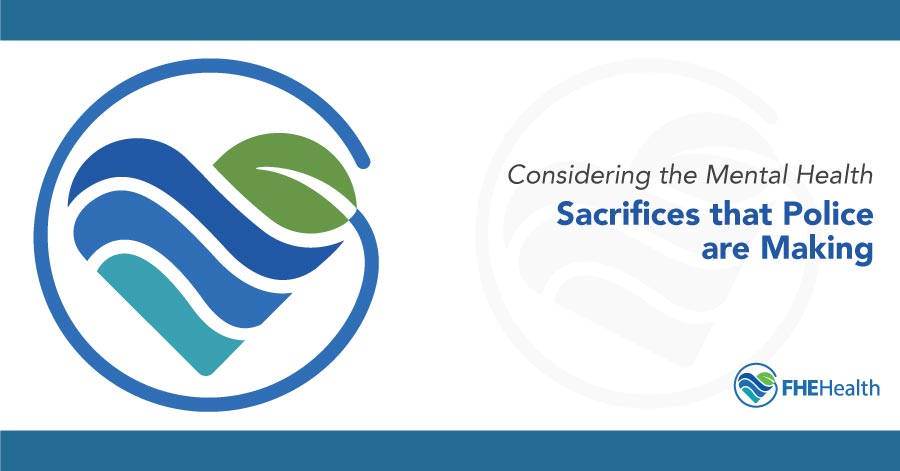
This Peace Officers Memorial Day we are taking a moment to honor and remember our law enforcement professionals—both those who have given their lives and those who continue to serve in the line of fire. Every day of the year, these brave men and women risk their lives to maintain the public peace and protect their fellow Americans. Such heroism comes at no small price, as evidenced by at least two mental health trends….
#1 Suicide Leading Cause of Death
Suicide is now the #1 killer of cops, claiming more lives than officers killed in the line of duty. Headlines like these only begin to tell the story:
- “A 40-year-old Chicago police officer has killed himself. It’s the 4th suicide this year on the city’s force.” (CNN)
- “Police officer suicide rate more than doubles line-of-duty deaths in 2019 study shows.” (FOX News)
#2 High Rates of PTSD Similar to Those Among Vets
Headlines can’t capture the human dimensions of living with post-traumatic stress disorder (PTSD), however. The disability usually happens as the result of repeated exposure to trauma (although an acute experience of trauma can also trigger the disorder). Whatever their cause, the pain, and suffering are no less real just because they are more hidden than other injuries.
PTSD occurs at much higher rates among cops than among the general U.S. population. Conservative estimates suggest 7-19 percent of police officers have symptoms of PTSD, closely following the rates of PTSD in veterans. (PTSD reportedly affects only 3-4 percent of the general population.)
Celebrating the Heroism and Resilience of Our Police Officers
When we remember our fallen heroes and those who have been disabled in the line of duty, we can’t forget the high mental health costs that police officers continue to pay dearly. But their story is also one of resilience and recovery, as we’ve learned from the many men and women who come to treatment for depression, PTSD, and other mental health challenges. These brave men and women overcame. That’s what heroes do.






